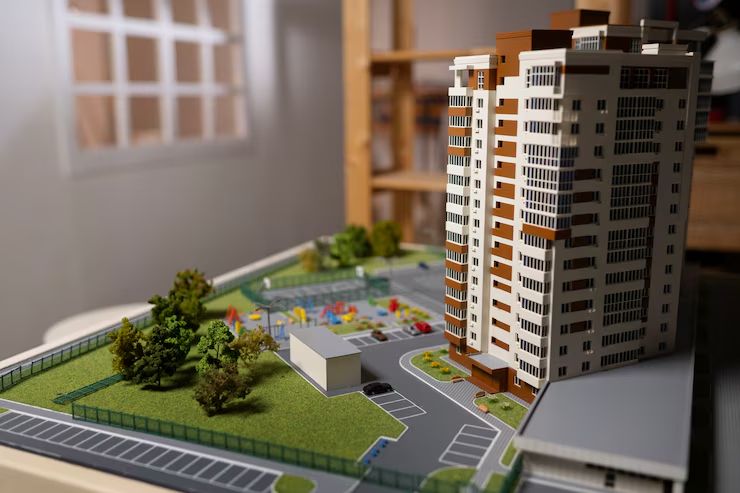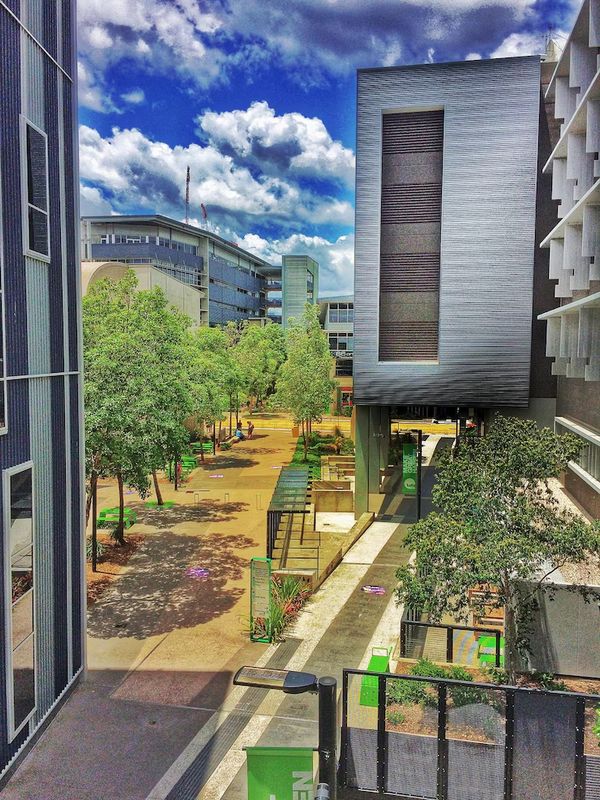I still remember my first semester at the University. Excited to start campus life, I assumed getting a decent room would be easy. But I was wrong. The hostels were full, the waiting list was long, and the available bedsitters around were either cramped, overpriced, or lacked even the basics.
I ended up sharing a tiny room with two other students, far from campus, spending hours in traffic and even more time queuing for the shower. It was not ideal, but it was the only option.
Fast forward to today, and thousands of students across the country face the same challenge. The demand for student housing far outweighs the supply, especially in major university towns.
But where there is a crisis, there is also opportunity and for smart investors, this underserved market could be the next big real estate win. Here is how this growing demand presents a golden opportunity for real estate investors.
1. The Student Housing Deficit

There are more than 70 public and private universities, with enrolment numbers crossing the 500,000 mark. Yet, most university campuses can only house less than 30% of their students. This means that hundreds of thousands are left to search for accommodation outside campus.
In university towns like Nairobi, Eldoret, Thika, Kisumu, and Juja, demand far exceeds supply. Many students end up in substandard bedsitters, overcrowded rentals, or houses without basic amenities like water, Wi-Fi, and security.
This widening gap has sparked growing interest in purpose-built student accommodation (PBSA). This is a model already thriving in other global education hubs and now gaining traction in Kenya.
2. What Does This Mean for Investors

The student housing sector is fast becoming one of the most resilient and profitable real estate investment options. Here's why:
Consistently High Occupancy Rates

The demand for housing near universities remains strong and stable throughout the year.
Reliable Cash Flow

Student tenants provide monthly rental income, offering predictable returns.
Flexible Investment Levels

From hostels that are budget friendly to high-end residences, the market accommodates various investor budgets.
Recession-Resistant Sector

Education remains a priority, even during economic downturns making student housing a stable asset class.
3. What Makes a Student Housing Investment Successful
Not all student housing investments are created equal. Here’s what makes certain projects stand out:
Proximity to Campuses

Properties close to universities or with easy transport access attract higher demand
Affordability with Value

Pricing must reflect students’ budgets while offering modern features.
Essential Amenities

Features like Wi-Fi, study spaces, security, and clean water supply are no longer optional. They’re expected.
Smart Design

Shared living spaces, modular units, and communal areas help maximize occupancy and enhance the student experience.
An example, in Kenya, of success in this space is Qwetu Student Residences. It has set a new standard for student housing that is well designed and fully serviced.



